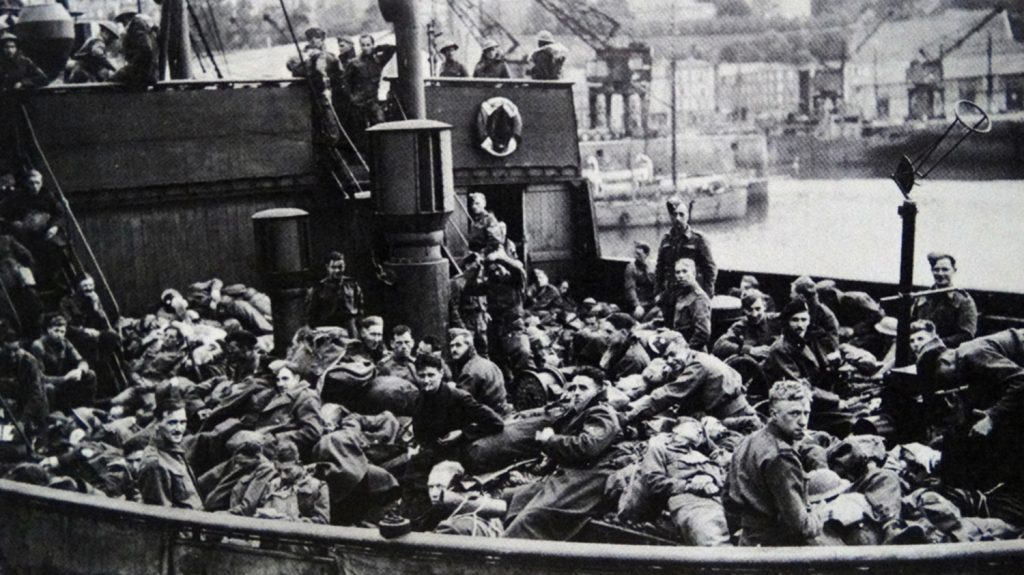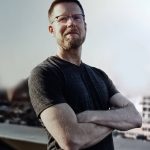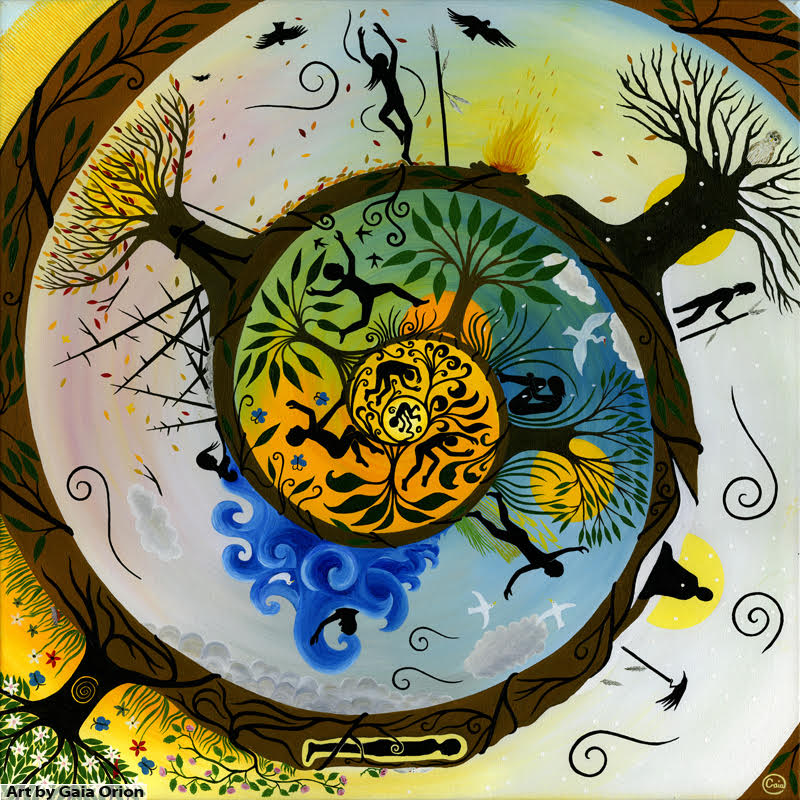Our Finest Hour, If We Choose
Expert management is saving lives in this crisis. But we lack leadership. Understanding the difference reveals how leaders create meaning and a better future, even—especially—in our deepest crises.
New York City’s lights went out just after 4pm, August 14, 2003. At first we only knew our office went dark. We looked to each other, then out the window to find the whole city dark. The summer heat crept in. Realizing the futility of staying indoors, we walked 18 flights down and started home.
Power returned piecemeal over the next couple days. During the current multi-year global pandemic, a brief regional problem may seem minor, but so close to September 11th’s second anniversary and so close to ground zero—who knew if terrorists were behind it? What might come next?
We felt lost. Even then, we relied on the internet and our devices, suddenly useless. How would we connect? Would people loot or riot? Could planes land? What held society together? We had to solve many urgent, important problems: to drive without traffic lights, to reach loved ones, and to report emergencies, among others.
Life returned to normal, but for weeks, first seeing neighbors, we asked each other’s stories. To my surprise, nearly all resulted in community and connection. Stockbrokers danced around bonfires in parks with the homeless. Restaurants hosted feasts of food before it spoiled. I hitched a ride to my girlfriend’s.
Making do without technology taught me that many technologies advertised to connect actually separate. Disconnected, we met neighbors. We talked. We interacted. We were pleasantly surprised to find that we liked each other.
The experience led me to choose social media, smartphones, and planes less; farmers markets and walking more. My relationships grew closer and more meaningful. I act more and react less. I learned from later thoughtful reflection. Not everyone reflected, though. People are busy.
But leadership in crises goes beyond the personal. The Cuban Missile Crisis risked hundreds of millions of lives. Imagine you were John Kennedy. You became President just after Fidel Castro rejected elections, signaling totalitarianism. You had learned from World War II never to appease dictators. Experts including the CIA and Joint Chiefs of Staff recommend you invade. Why not follow their advice?
Kennedy did, in what become known as the Bay of Pigs Invasion. It resulted in fiasco. What might you learn from this failure? To invade better?

Kennedy went further. He recruited leadership experts to train him not just to follow or manage experts, but to lead them. For example, he learned to value viewpoint diversity, seek rival experts, and promote discussion.
18 months later the U.S. discovered the Soviet Union installing nuclear missiles in Cuba. Again, experts advised Kennedy to invade before they believed they could become operational—within days. What else could you do? Kennedy instead used what he learned after the Bay of Pigs. He assembled a team with diverse views—hawks, doves, and more—to discuss. They resolved the crisis without invading.
Today we know the missiles were armed. Invading better might have motivated Castro to launch.
In other words, abdicating leading can increase risk to the highest levels. No risk, however great, justifies neglecting leadership during a crisis. Kennedy’s words after the Cuban Missile Crisis resonate today, “Let us not be blind to our differences—but let us also direct attention to our common interests and to the means by which those differences can be resolved. And if we cannot end our differences, at least we can help make the world safe for diversity.”
In today’s pandemic, expert management is saving lives. It creates ventilators and quarantines. But I see little leadership like Kennedy showed in the Cuban Missile Crisis.
Nobody yet knows what we can learn from this pandemic. We never will if we don’t reflect, ask hard questions, and discuss answers with people with diverse views. If Kennedy could with missiles minutes away, we can now. We’ve neglected to reflect and lead for decades despite clear predictions of greater pandemics and environmental catastrophe to come. Nature keeps showing the predictions accurate.
If our greatest lesson from this pandemic is to stock more ventilators, we learned wrong. We got lucky on our first global pandemic with one that motivates compliance. Future disasters that deplete food, water, or other resources will promote conflict, even war. Like pandemics, they are a matter of when, not if.
Responding to them as Kennedy did in the Bay of Pigs may lead to Cuban Missile Crisis-scale consequences. Historians identify the Bay of Pigs as a failure that taught us to succeed when stakes were higher. Leadership can make COVID-19 our environmental Bay of Pigs.

History shows examples we can learn from of leadership under crises on COVID-19 scale. After the Miracle of Dunkirk, Winston Churchill reminded us that “We must be very careful not to assign to this deliverance the attributes of a victory. Wars are not won by evacuations.” Is our greatest goal in COVID-19 merely to mitigate disaster without addressing its cause? Or can we make it a new start, replacing profligate, self-indulgent waste with stewardship and service? Of humbly seeing ourselves within nature, not separate? Of taking responsibility for our behavior affecting others?
We know what causes viruses to mutate and jump to humans, such as encroaching on wildlife territory, densely packing domesticated animals, overpopulation, and overtraveling—practices we are increasing. Should we decrease them? Do we continue allowing factory farms to pass costs of their “efficiencies” to us? Is saving a few cents per pound of meat worth trillions of dollars of stimulus and hundreds of thousands of lives? What are laws for if not to regulate behavior that hurts others?
Imprisoned on Robben Island, Nelson Mandela learned Afrikaans, the language of his imprisoners, not to defeat them but to lead them to help defeat Apartheid together. Is nature our enemy? Or our ally against beliefs that we can separate from or dominate it? Are individual actions pointless or can one person inspire the world?
Should we consider acting on overpopulation and overtraveling? Do we value Beijing’s clear skies, Venice’s clear canals, and rediscovering connection through struggle in service of others enough to change a culture that discounts the effects of pollution on others we can’t see? We find we can reduce polluting behavior to protect our own health. If we find a vaccine, will we continue healthier behavior, only in stewardship, not self-preservation?
Kennedy’s quote above continued, presciently, “For, in the final analysis, our most common link is that we all inhabit this small planet. We all breathe the same air. We all cherish our children’s future. And we are all mortal.”
Many have died. Many are suffering. More will come. Is it fair to have to fix problems others started? Is it fair that past generations could do in blissful ignorance things that, if we act responsibly, we must forego? Martin Luther King implored us to “continue to work with the faith that unearned suffering is redemptive.”
Effective leadership can help us create meaning from suffering. In the absence of leadership, confusion, anger and fear arise. Politicians who lead can inspire unity, dedication to service, and cultural transformation, as we saw after Pearl Harbor and on missions to the Moon.
Businesspeople who lead can transform markets from ‘serving growth’ to serving people and communities, like Patagonia’s Yvon Chouinard. Educators who lead can go beyond ‘teaching to the test’ to teaching life skills and resilience, such as Philadelphia’s Science Leadership Academy. Community organizers who lead can build regenerative solutions and civic pride, like Stanley McChrystal proposes in his civilian service year.
Everyone reading these words has the potential to lead others in their families, communities, organizations, and institutions. If we only hope to maintain behaviors that stop polluting Beijing skies and other results of global cooperation, we can expect these behaviors to disappear when the incentives do. If we learn to lead and lead, we can build on them, perhaps to move to a society built on stewardship, responsibility, and service. Such a result could give today’s suffering meaning.






